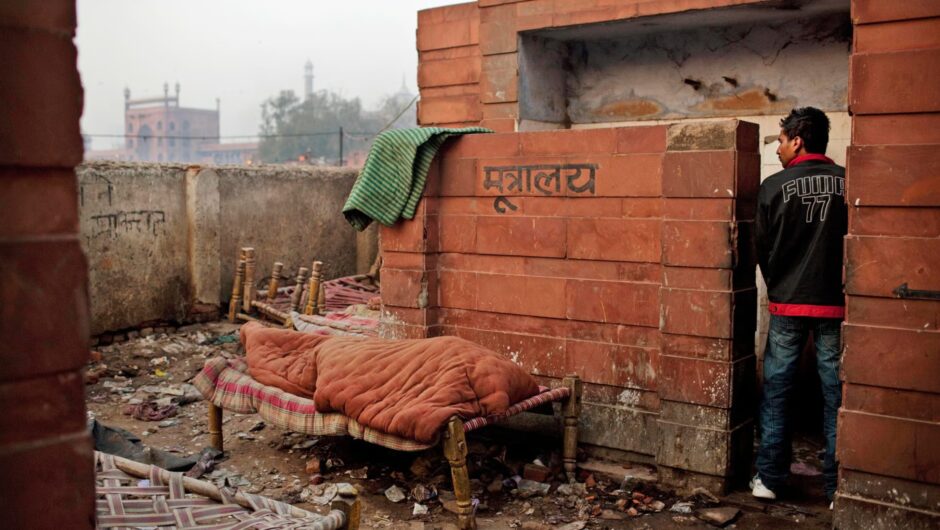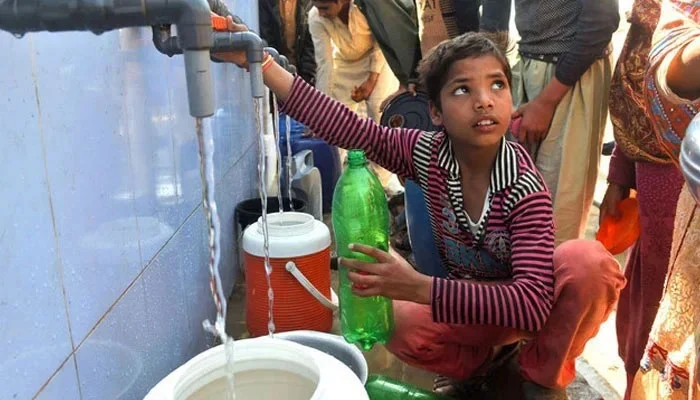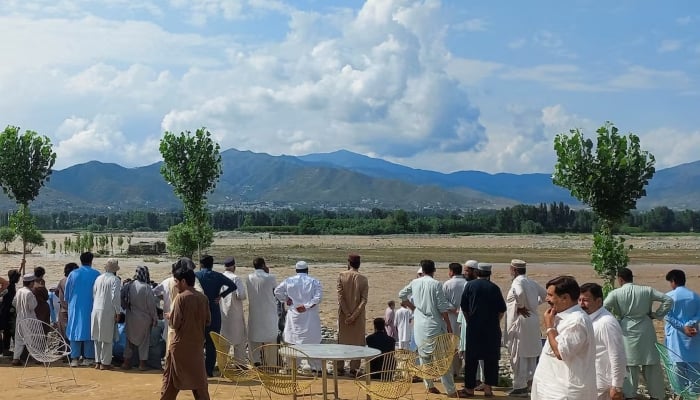The dusty border between Pakistan and Afghanistan has become a scene of heartbreak and uncertainty as thousands of Afghan families, many of whom have known no home but Pakistan, are being forcibly uprooted. Figures for Afghans deported this month alone cross 19,500, part of a staggering exodus expected to swell to two million in the coming months.
At the Torkham crossing, exhausted families trudge through separate gates under the watch of armed guards. Some carry little more than the clothes on their backs, and their belongings are left behind under strict border restrictions. Among them is Sayed Rahman, a second-generation refugee who has never set foot in Afghanistan. “I was born here, married here—where do I go now?” he asks, his voice breaking.
For many, the forced return is not just a logistical nightmare but a devastating blow to their futures. Saleh, a father of three daughters, fears the Taliban’s ban on girls’ education will shatter his children’s dreams. “They studied in Punjab—now what? Their years of learning mean nothing?” he says, clutching his daughters’ schoolbooks.
The Taliban’s refugee officials admit the influx is straining Afghanistan’s crippled economy and war-torn infrastructure. “Homes are gone, jobs are scarce—how will they survive?” says Bakht Jamal Gohar, overseeing the chaotic arrivals. Returnees receive minimal aid—about £41 to £104—before being dispatched to unfamiliar provinces, some carried on stretchers or makeshift beds.
Pakistan defends the crackdown, citing security risks and overwhelmed public services. But for those like an elderly man shielding his grandchildren from the scorching sun, the explanation rings hollow. “We begged to stay,” he whispers. “Now we’ll never return—not after this betrayal.”
As the April 30 deadline looms, the UN warns of a humanitarian catastrophe.
Also, see:
Windscreen Prices in Islamabad and Rawalpindi Surge After Destructive Hailstorm 2025
Topics #featured #Pakistan #trending pakistan




